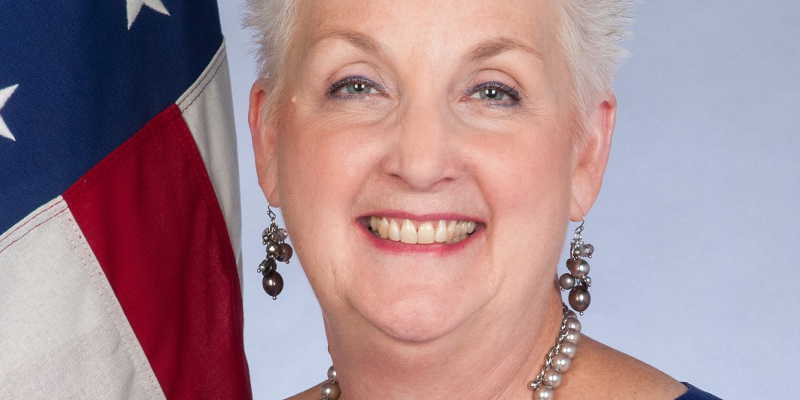Health
Can US’s billions solve Eastern Uganda’s health woes?
The US government has made a sizable grant worth more than US$55m (Approx. 185bn) towards improving the key health challenges affecting eleven eastern districts of Uganda.
A statement released by the US Embassy in Kampala indicates that the grant awarded to an American health organization known as University Research Co. will help in designing and implementing a comprehensive and integrated regional health, HIV/AIDS and nutrition project.
The statement adds that the grant seeks to maximize the impact of the investments of the Government of Uganda, the U.S. Government, and others, in health services and systems.
The five-year activity targets 11 districts in East Central Uganda with an estimated total population of 4.1 million through a district-based integrated package of quality health, HIV/AIDS, nutrition, and child development services.
The US mission says funding will build on previous USAID-funded efforts : “To address HIV/AIDS; tuberculosis; family planning; malaria; nutrition; maternal, neonatal, and child health; as well as other related projects in the region.”
“By concentrating increased resources on specific interventions in the focus districts and communities, the activity expects to have a significant, measurable, and lasting impact on the beneficiary population,” said U.S. Ambassador to Uganda Deborah Malac. “These efforts will ultimately contribute to changes in key indicators such as HIV and malaria prevalence; maternal, neonatal, and child mortality; modern contraceptive method use; and child development outcomes.”
The activity aims to increase citizens’ utilization of health services by increasing the availability of and accessibility to health services, improving the quality of health services, increasing the availability of resources for public sector health services, improving the organization and management of service delivery; as well as increased the adoption of healthy behaviors and positive child development practices by communities in focus areas and target population groups.
USAID’s support to Uganda’s districts under the Regional Health Integration to Enhance Services in East Central Activity will be complemented by linkages to national programs in health systems strengthening, including but not limited to, human resources for health, supply chain management, health management information systems, district development, health communication, and private sector development.
In recent years, the American government has prioritized support to the health sector particularly HIV/AIDS, Malaria and health system strengthening through independent organizations as well as through the government’s mainstream health care system.
Dr. Frank Nabwiso, a former Member of Parliament from Busoga region argues that the decision by Americans to take over literally, the health service system in a region is a sign of no confidence in the government’s health care system.
He also supported the approach of using non-government organizations to deliver family planning and other health services especially in Eastern Uganda noting that the government is shy of telling people the dangers of having too many children.
“Busoga is one of the poorest regions in Uganda because of high population growth rate. So supporting a non-government organization to teach people family planning is better since the government has remained adamant on the challenge.
Comments




















